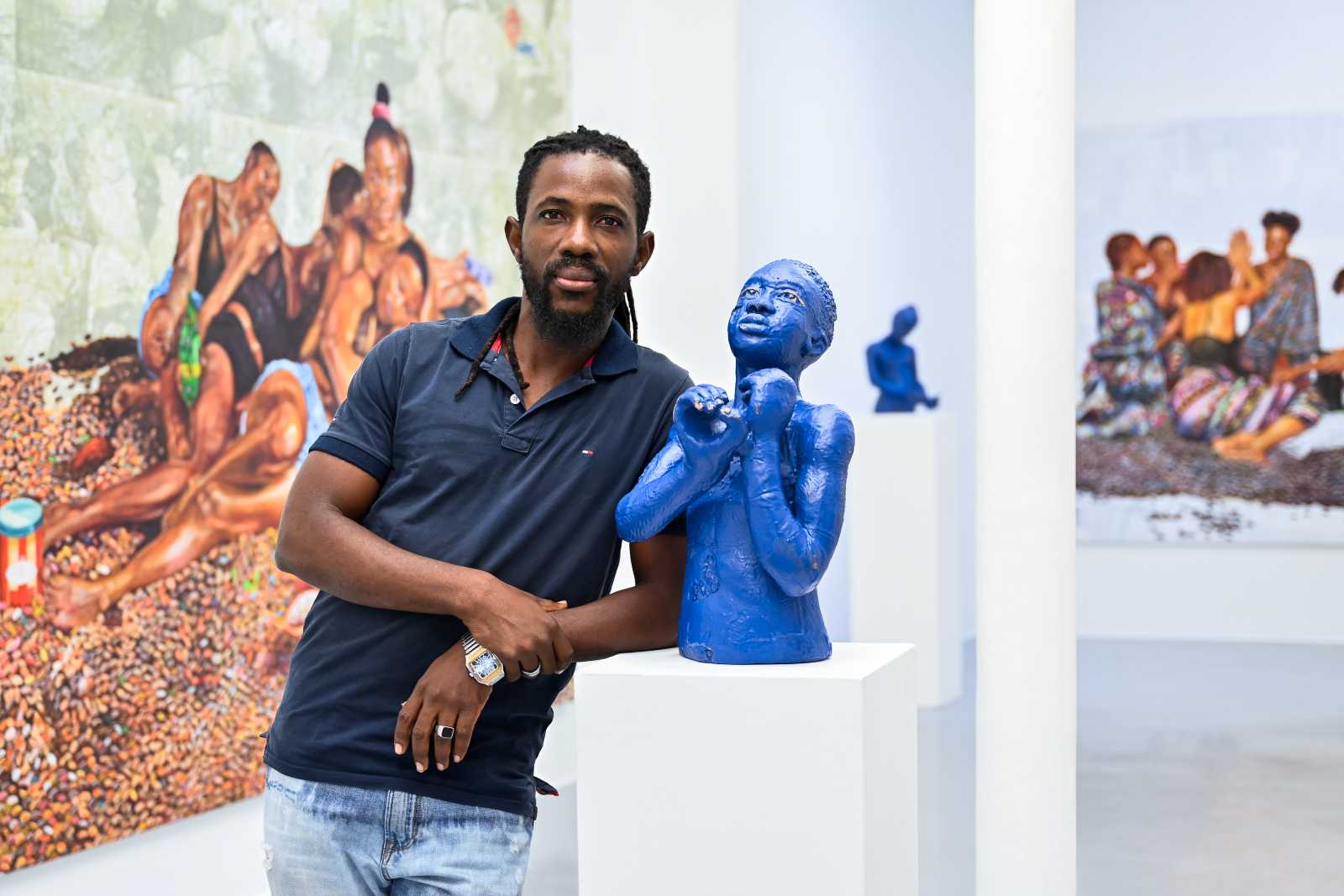Zimbabwe’s inner-party coup
Many Zimbabweans are delighted that their autocratic leader of almost four decades has finally resigned. There was dancing in the streets. People are obviously tired of despotism and economic hardship. There is no guarantee, however, that things will now change for the better. As Morgan Tsvangirai, the opposition leader, has accurately pointed out, the country has witnessed a feud within the governing party, but not a popular uprising.
Mugabe’s party is the ZANU-PF and its roots are in the liberation war. Emmerson Mnangagwa is set to be sworn in as president tomorrow. He is a veteran of that war and long-term ally of Mugabe. He only turned against Mugabe after being fired from the office of vice president last month and then convincing his allies in the military to intervene on his behalf. Like Mnangagwa, the top military leaders belong to the ZANU-PF and resented the rise of Mugabe's wife Grace. Mugabe wanted her to succeed him, and that caused his downfall.
Perhaps Mnangagwa will change the course Zimbabwe has lately been on. The country is stuck in a severe economic crisis. The new president may reach out to Tsvangirai in order to form some kind of big-tent coalition, but the opposition leader indicates he is not convinced that will happen.
What is certain is that Mugabe and the ZANU-PF have always claimed that only they legitimately represent Zimbabwe’s people because they won the liberation war. In their eyes, that victory entitled them to perpetual leadership as well as to personal privileges. They have not delivered on promises of development and prosperity, and have never shown commitment to the kind of technocratically competent policymaking that is needed to tackle complex challenges. As populists everywhere, they blame their nation’s grievances on all kinds of foreign and domestic enemies.
Grace Mugabe and her faction of the party are now being cast as such villains even though they were celebrated as comrades not so long ago. In populist politics, propaganda matters, but truth does not. New "enemies of the people" are fast found.
Tsvangirai surely knows that he will hardly be treated better should he now join forces with the new president. He actually served as prime minister under Mugabe for one legislative term not so long ago, and was hounded systematically before and after that brief period.
That awkward coalition had been brokered by the governments of Zimbabwe’s neighbouring countries after a perverted election campaign. The opposition leader had dropped out because supporters of his kept being harassed, beaten and even killed. To stop bloodshed, Tsvangirai gave up the ambition of winning the election. Back then, the leaders of the Southern African Development Community (SADC) stepped in because they knew they had to do something to control the political crisis in Zimbabwe. The grand coalition they forced Mugabe and Tsvangirai into did not lead to reconciliation. A new national consensus was not built.
Too many SADC leaders are former independence-war leaders themselves and shied away from putting real pressure on Mugabe. The entire world region suffers because governments celebrate the glory of anti-imperialist struggles, instead of rising to the challenges of good governance. To a large extent, they have only replaced the former, colonial and racist masters, but they have failed to bring about serious social change. It doesn’t help the masses who still live in poverty that they are now governed by a tiny black elite rather than a white one.
When Tsvangirai became prime minister, the SADC was more interested in appearances than substance. That still seems to be the case. Zimbabwe’s military has made great efforts in recent days to stress that it was not toppling the president, but only arresting "criminals" around him. A violent overthrow, you see, is considered unacceptable among SADC leaders, but it is apparently okay to deploy tanks on the streets of the capital city, detain the head of state, take control of the government and make sure that the ruling party removes the president from office by formally correct means. Nobody is fooled of course. This was a military coup. It was one that took place within the ZANU-PF.








